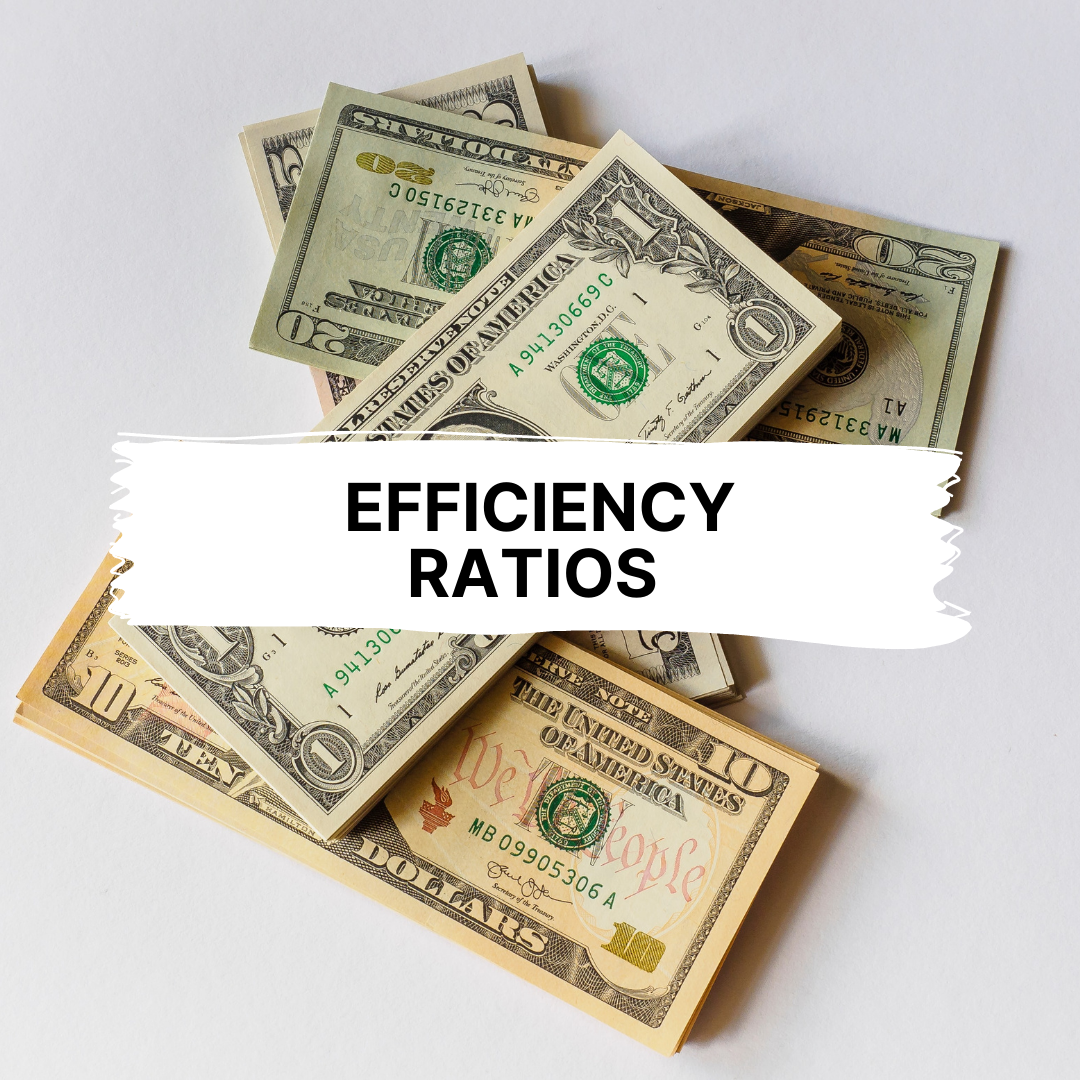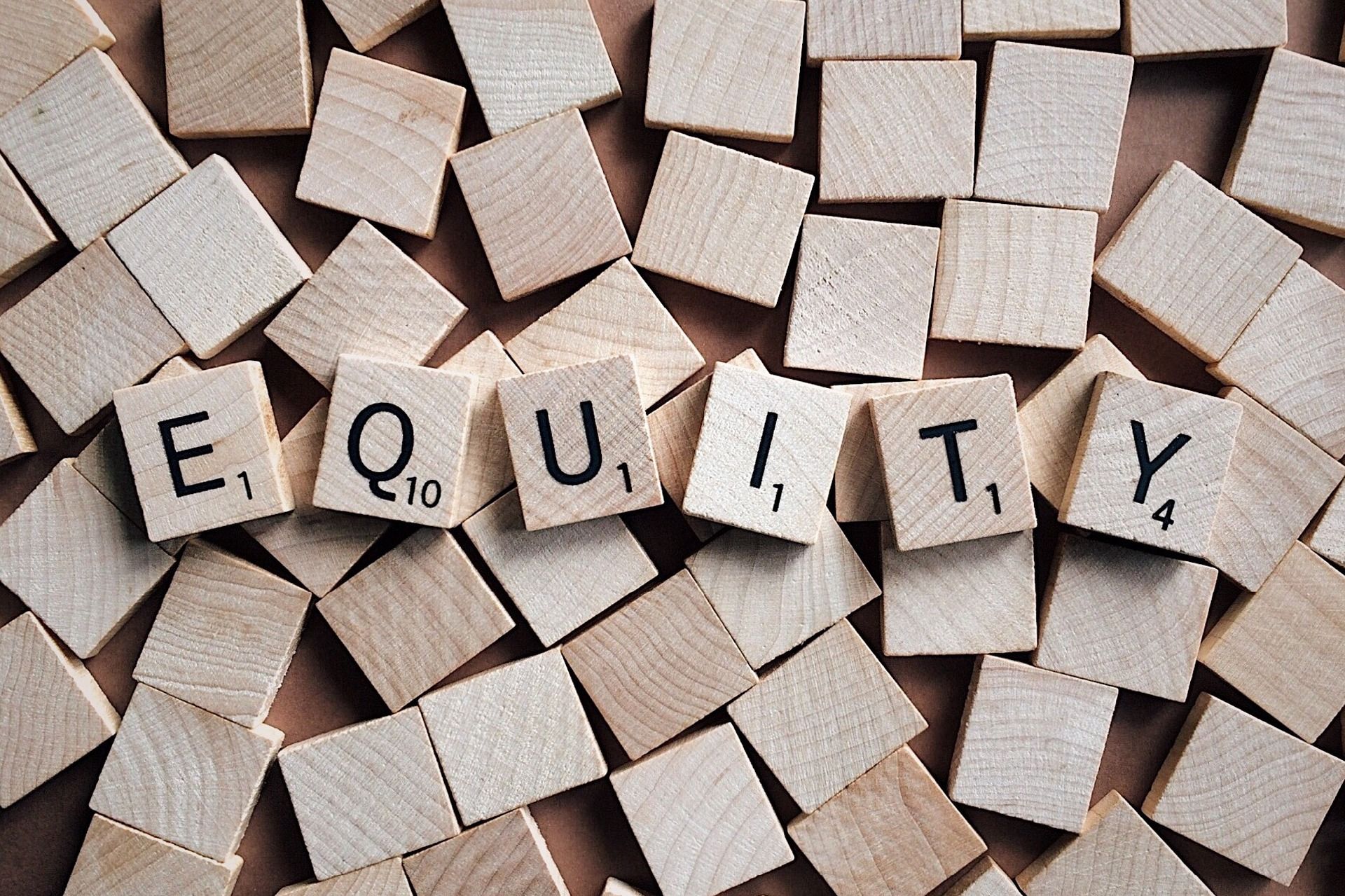Accounting Tasks for your Small Business
Small business accounting is riddled with the daily tasks of managing your finances. This includes recording and categorizing transactions, and reconciling bank statements. A dependable accounting management software can take this weight off your shoulders. To help you cover your bases, we created an accounting checklist you can use for your small business.
1. Check your financial data
Having an accurate picture of your business performance and cash flow is important in order to determine the health of your business. Tracking your payables and receivables will ensure that there’s money in the bank (cash flow) to pay your bills.
2. Document and file your receipts
Documenting your receipts in chronological order will prepare you for tax time. Investing in an online accounting software takes away the manual labor of filing your receipts. Simply snap a photo of your receipts and upload them into the system.
3. Reconcile your transactions
Periodically reviewing and reconciling your transactions are necessary to prevent fraudulent activity and financial statement errors. An accounting software can reconcile your accounts with just a few clicks, saving a lot of manual labour and time while reducing errors significantly.
4. Manage your cash flow online
Same day deposits will help your small business maintain a healthy cash flow. Cut the daily bank visits by getting an accounting software that allows online payments and bank transfers.
5. Track your inventory
Always be informed of your inventory’s movement to avoid “out of stock” situations and to predict your customers’ purchasing behaviour. Enjoy a centralized view of your stocks, maintain accurate inventory records and keep up with the demand and supply of your business with a reliable accounting software.
6. Prepare and send invoices
7. Pay Vendors
Payment to your suppliers should be done timely and consistently to ensure healthy cash flow. A good accounting software can help you keep track of your expenditures and payments and maintain accurate records.
8. Backup your data
Always remember to back up your data periodically so you don’t lose important records. A cloud-based accounting software encrypts sensitive information in your database, and replicates them across several database servers, protecting you from breaches, hardware failure and data loss.
We cannot emphasize enough on the importance of choosing the right accounting management software, because it can give you the confidence to tackle your tasks in an efficient manner whilst optimizing your accounting process. Deskera’s cloud accounting software has been built with small businesses in mind. Don’t take our word for it. Try Deskera for free today.






